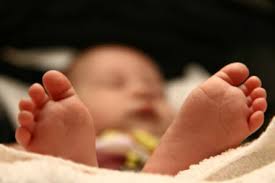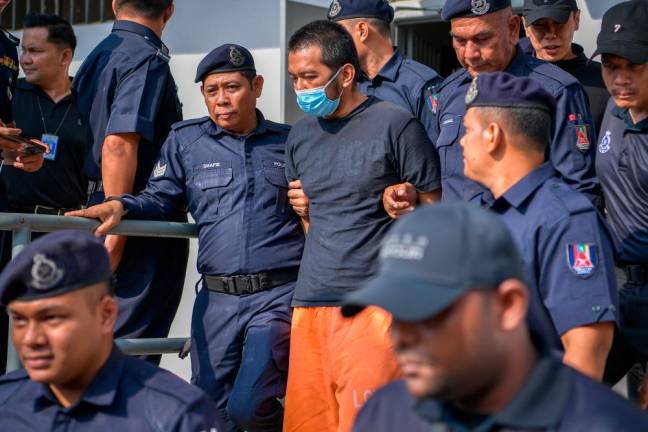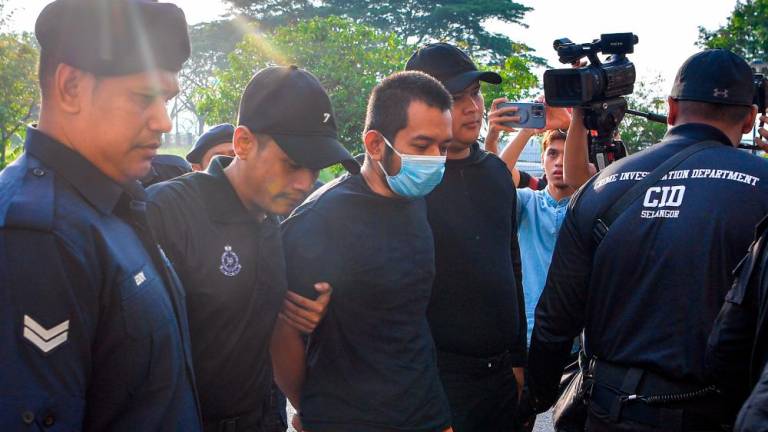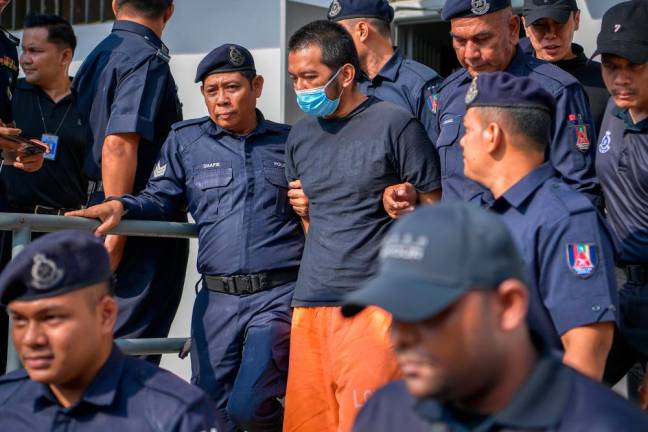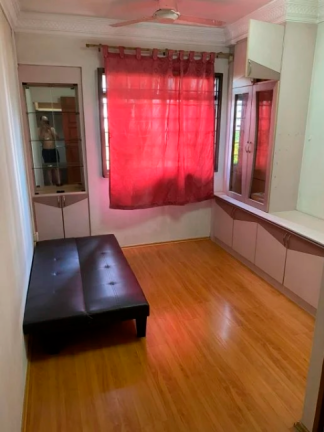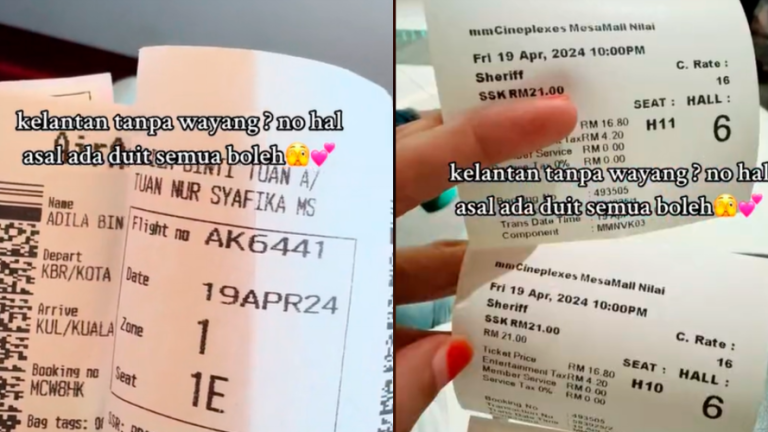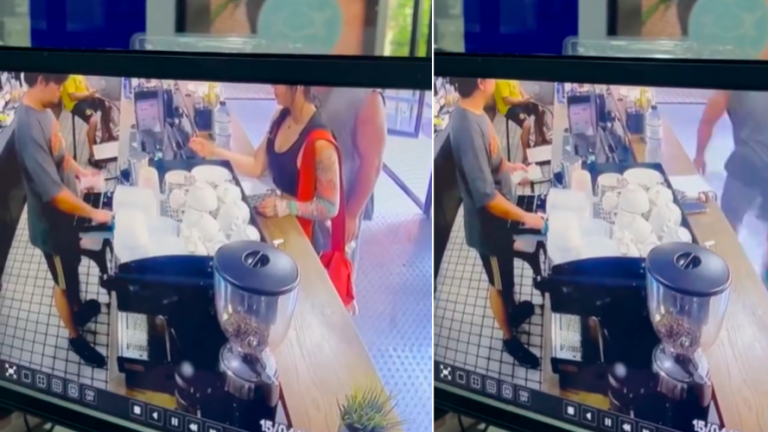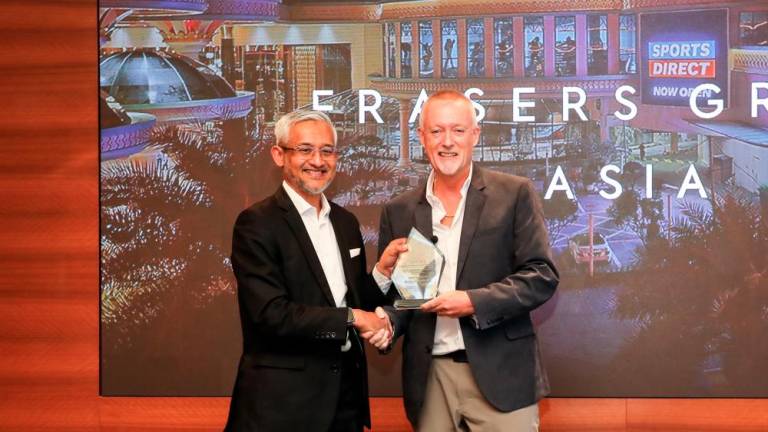MALACCA: When she was working as a reporter eight years ago, Suraya Ali’s cried when she saw the remains of a newborn baby taken out of a toilet bowl by a rescue team.
“That day the perpetrator was at the scene and she looked confused,” Suraya said as she recalled the incident.
The 18–year–old girl told Suraya she was depressed because nobody bothered about her, including her own family and friends, after they found out she was pregnant.
Suraya, who was then working as a journalist with the Malaysian National News Agency (Bernama), said she decided she had to help young unwed mothers and their babies.
She approached the Social Welfare Department and the National Registration Department, talked to medical officers and lawyers to learn about the adoption process before setting up her “Anak Kami” adoption programme in 2011.
With her journalistic skills, she went to different relevant authorities to get clear information on the adoption documentation process before setting up the programme.
Later, in 2017, she teamed up with the Malaysian Muslim Consumers Association (PPIM) and so far, they have helped over 170 babies to be adopted legally.
Suraya who is currently the PPIM women bureau head said the adoptions by the foster families were done according to the terms of the birth mother.
“The primary condition for adopting the babies through this initiative is that there is no element of selling and buying and we also do not allow the foster family to offer any kind of consolation or gift to the birth mother,” she said.
However, she added, all applicants were asked to make contributions to the PPIM Humanitarian Fund where the money will be used to help the birth mother.
“The foster families will maintain a good relationship with the birth mother and we also make sure that the baby received breast milk from their birth mother.
“We also wanted the birth mother to follow the child’s development while in the care of the foster family to remind them to not make the same mistake,” she said.
Meanwhile, PPIM head Datuk Nadzim Johan, said the initiative will not encourage the birth of out–of–wedlock babies or adultery.
“The Anak Kami programme helps those who made a mistake to repent and return to a better life,” he said, adding that almost all the birth mothers who were in the programme were now married, had good jobs or had completed their studies.
Nadzim said the assistance was given not only to save the baby and to bring joy to the foster family but also to prevent those who became pregnant out–of–the wedlock from committing serious criminal offences such as killing or dumping their babies. — Bernama



